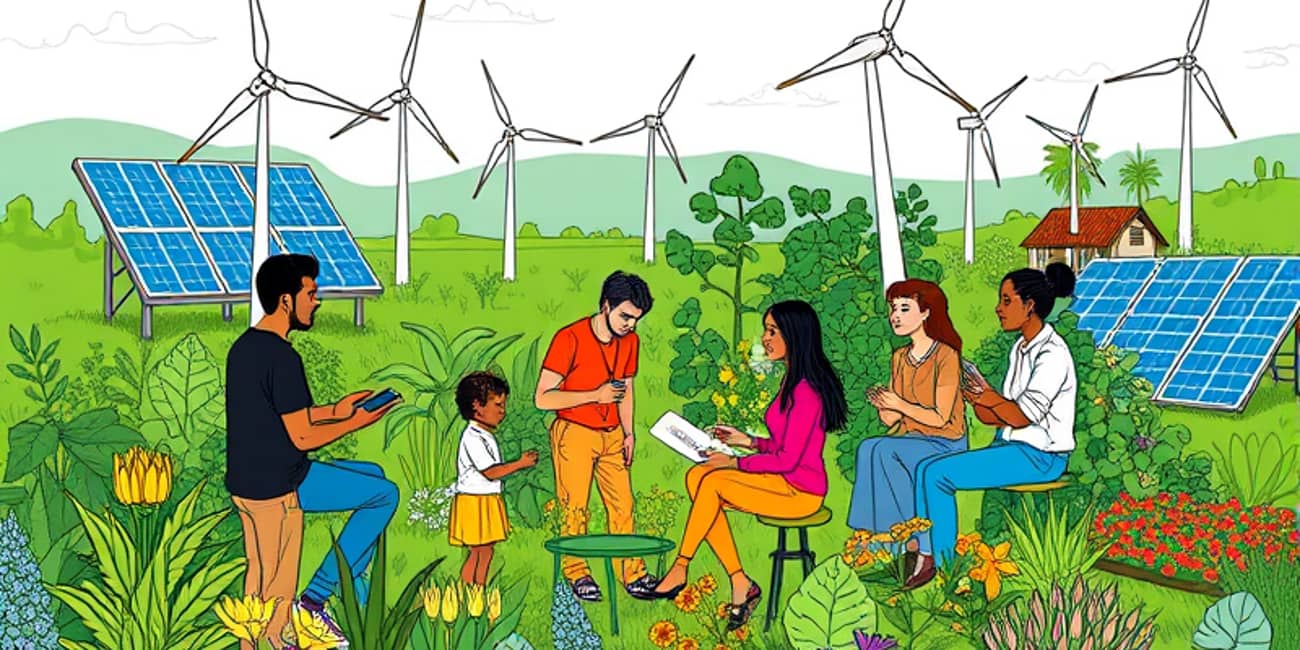The twenty-first century presents unique challenges, from climate change to resource depletion, alongside remarkable opportunities for innovation. As consumers and investors increasingly call for accountability, entrepreneurs have a distinct opportunity to influence the next wave of business success.
This article delves into how visionary leaders can leverage data, regulations, and emerging trends to create ventures that are both profitable and beneficial for the planet. By analyzing critical statistics and practical models, we aim to guide you toward sustainable business ideas that will flourish in the future.
Global Consumer Demand Fuels Sustainable Business Growth
Recent research indicates that 72% of global consumers are willing to spend more on sustainable products. This trend signifies a significant change in purchasing habits, as buyers increasingly favor brands that resonate with their values.
In addition, 92% of consumers trust brands that are socially or environmentally responsible, and 55% are inclined to pay extra for eco-friendly options. These figures highlight the necessity of integrating sustainability into product design and marketing strategies.
As consumer demand continues to escalate, companies that do not adapt risk losing market share. Entrepreneurs have the opportunity to capitalize on this moment by developing offerings that align with ethical standards and meet consumer expectations.
Regulatory Landscape and Reporting Requirements
Governments across the globe are tightening regulations around corporate sustainability. In the European Union, the Corporate Sustainability Reporting Directive (CSRD) is set to make detailed sustainability reporting mandatory for large companies by 2028, necessitating rigorous third-party verification.
Meanwhile, the International Sustainability Standards Board (ISSB) is implementing global disclosure standards, establishing a new paradigm for transparency. These regulations not only enhance accountability but also foster innovation in data management and performance evaluation.
Entrepreneurs who proactively integrate these regulatory frameworks can gain a competitive advantage. Early adoption of robust reporting practices can simplify compliance, attract investors focused on Environmental, Social, and Governance (ESG) criteria, and enhance trust among stakeholders.
Innovative Business Models for a Circular Economy
The traditional take-make-dispose economy is being replaced. A global transition to a circular economy by 2040 could save over $4.5 trillion, according to experts. In this framework, products are designed for durability, reuse, and regeneration.
Circular strategies include repair-and-resale services, transforming waste materials into new products through upcycling, and employing closed-loop manufacturing processes. By minimizing resource consumption and maximizing product lifecycles, businesses can lower costs while reducing their environmental footprint.
Technologies that enhance transparency and traceability—such as blockchain and AI-driven supply chain platforms—enable companies to showcase ethical sourcing and waste reduction efforts, thereby increasing consumer trust and enhancing brand value.
Top Industries and Practical Business Ideas
Certain sectors are particularly primed for sustainable innovation. Entrepreneurs can investigate opportunities in:
- Energy auditing and green consulting to assist clients in reducing emissions and energy consumption.
- Eco-friendly landscaping and urban garden planning to promote local food security.
- Compost collection and organic waste recycling services for homes and businesses.
- Ventures focused on upcycling and recycling that convert waste into high-value products.
- Development of electric vehicle charging infrastructure and maintenance services for expanding EV fleets.
Each of these ideas addresses critical environmental needs while tapping into changing market demands. By providing specialized knowledge, entrepreneurs can cultivate loyal customer bases and create consistent revenue streams.
Challenges and Strategic Considerations for Entrepreneurs
Despite the positive outlook, sustainable startups encounter significant challenges. Recent statistics reveal that while entrepreneurial activity in the U.S. is robust, many new ventures struggle to achieve maturity due to funding limitations and profitability challenges.
To surmount these obstacles, founders must blend purpose with practicality. Conducting comprehensive market research, forming strategic partnerships, and implementing lean operational strategies can help ensure long-term success.
Key Statistics at a Glance
Technology as a Catalyst for Sustainability
Technological advancements in AI, IoT, and blockchain are enabling unprecedented efficiencies and transparency. Smart sensors can optimize energy use in real time, and AI-driven logistics can minimize carbon footprints in transportation.
Blockchain technology enhances supply chain transparency, allowing consumers to verify product origins and enabling companies to monitor materials throughout their lifecycle. These innovations empower entrepreneurs to deliver measurable results and concrete examples of sustainable business ideas.
Looking Forward: Opportunities and Impact
By 2026, ESG investments are expected to reach $33.9 trillion, representing over 20% of global assets under management. This influx of capital reflects a significant market shift towards sustainability-focused returns.
Entrepreneurs who embrace this transition can position themselves at the forefront of a movement that not only enhances profitability but also promotes environmental responsibility. The future is reserved for those who view sustainability as both a moral obligation and a strategic benefit.
As you embark on your journey of sustainable entrepreneurship, keep in mind that every innovative idea, no matter how small, contributes to a ripple effect of positive change. Together, we can create businesses that honor the planet and empower communities for generations to come.



